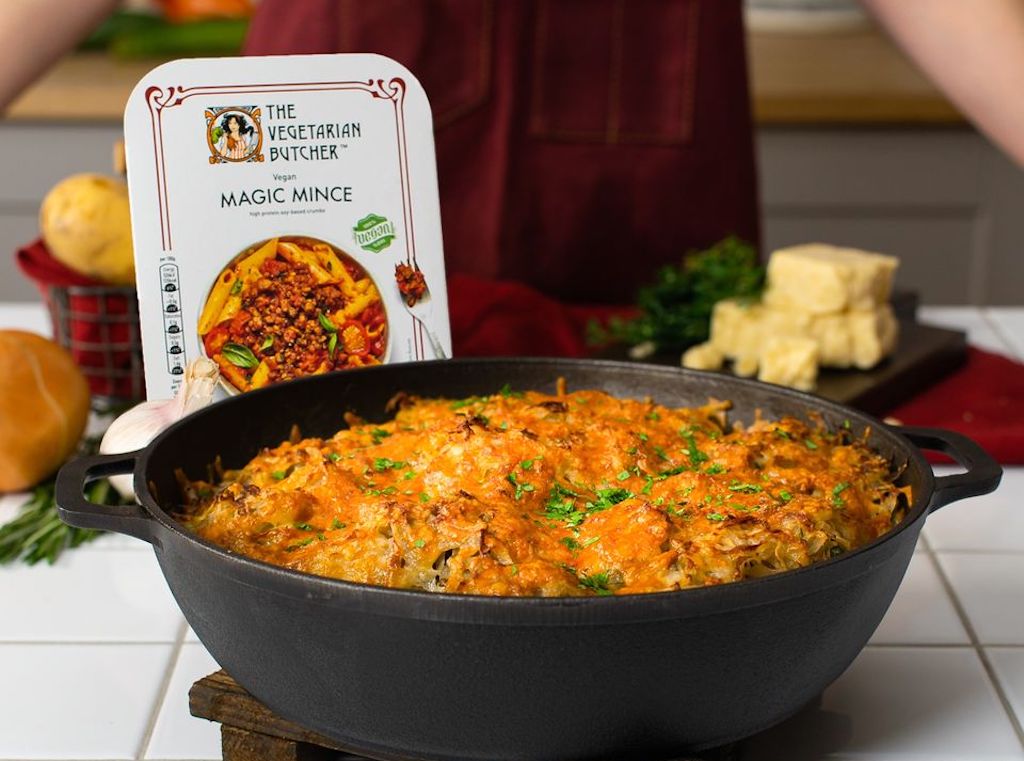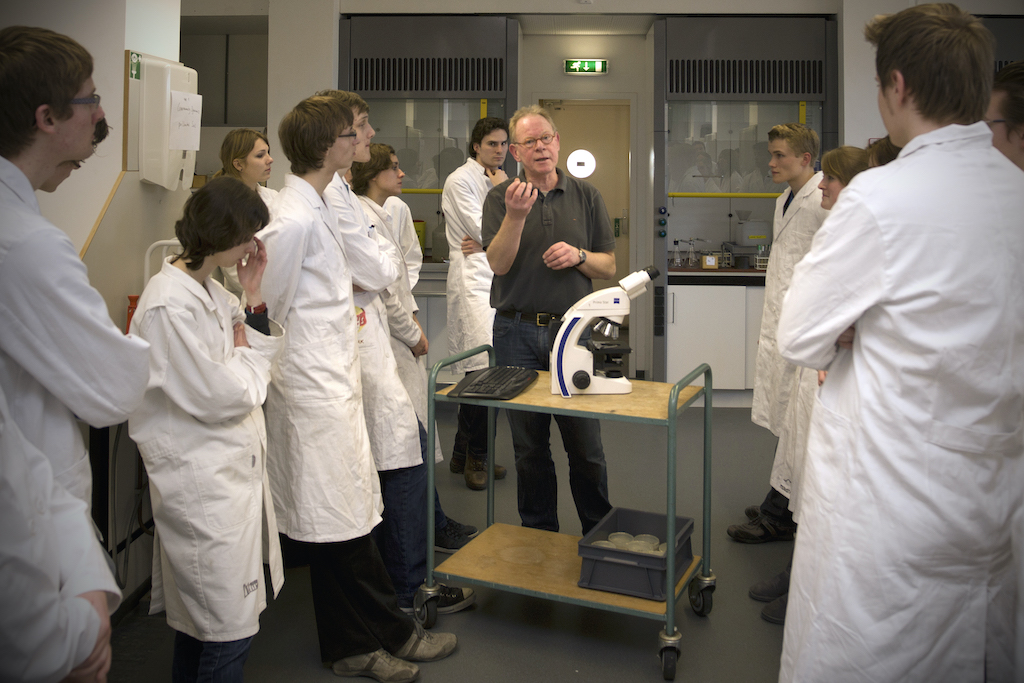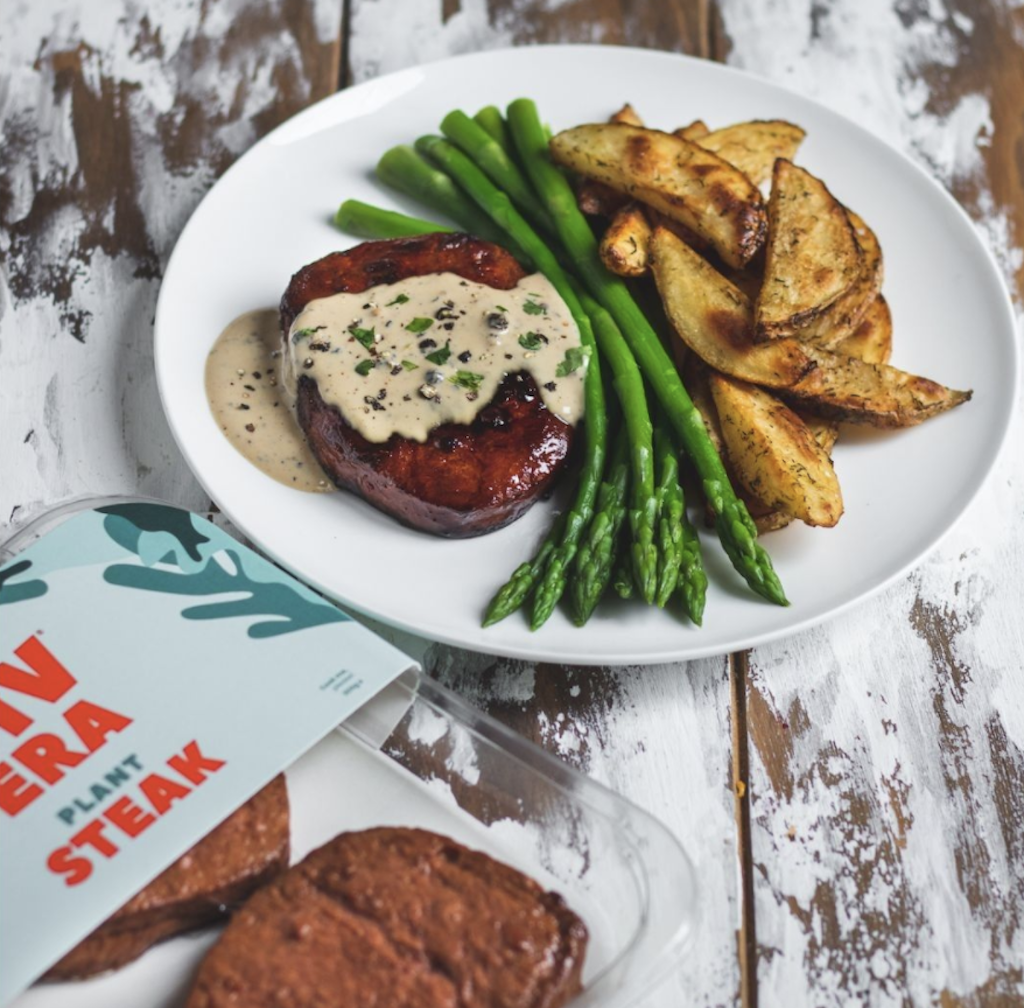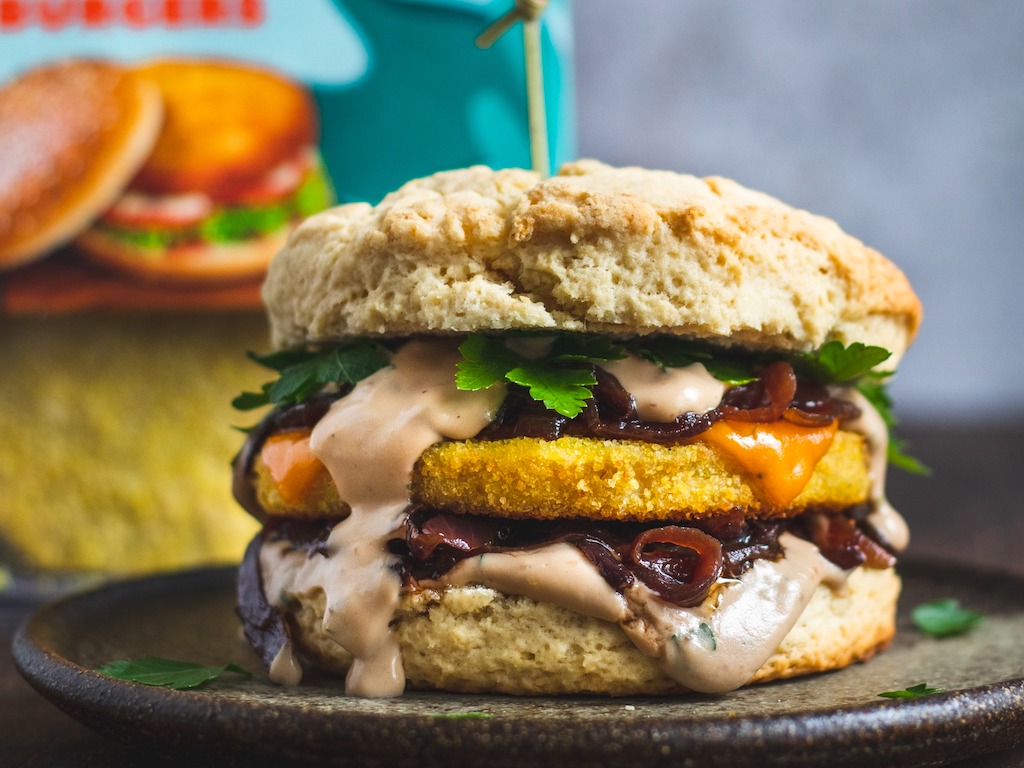4 Mins Read
Despite being a relatively small country in Europe, sandwiched between Belgium and Germany, the Netherlands is not one to be underestimated when it comes to leading the plant-based movement. Already one of the world’s biggest exporters of fresh produce, the country is now also a driving force when it comes to the plant-based protein market, from housing many of the leading plant-based meat and dairy brands to boasting world-class food research institutions and having the manufacturing and distribution infrastructure that international food techs want in on.
The Netherlands has always held its place as one of the world’s biggest agricultural exporters, ranking second globally despite its size and famed for its fresh produce like potatoes and onions, making up more than 13% of its total agricultural exports each year. But it’s also gaining a reputation for being a plant-based leader, to date being home to over 60 companies and research groups specifically focused on developing next-generation sustainable vegan meat alternatives.
Among some of the names that are already widely spotted across supermarket shelves all over the world include legacy meat-free brand The Vegetarian Butcher, which was acquired by Anglo-Dutch CPG giant Unilever in 2018, and plant-based cheese startup Violife, under the wing of dairy-free group Upfield, who are also behind vegan spreads like Flora and I Can’t Believe It’s Not Butter.

Both Dutch conglomerates are clearly bullish on doubling down on their plant-based strategies too, further bolstering the country’s plant protein credentials. While Unilever is welcoming their new plant-based food research centre in Wageningen dubbed The Hive, which will help drive its ambitious US$1.19 billion sales target for the category, Upfield says it will put in US$58.1 million towards a new food science institute in the same town, shortly after it launched a headline-making campaign to carbon label its entire fleet of brands and products.
Wageningen, the headquarters of Wageningen University & Research, was a clear choice for both Unilever and Upfield, given its global reputation when it comes to agricultural and food technology development for both veteran food players and new startups that it’s earned the name “Food Valley”, a reference to its Silicon Valley-style innovation impact.

The Dutch are also the proud creators of Vivera, the largest producer of plant-based meat alternatives in the country, who are still making strides in ramping up its offerings and product line as demand continues to grow. Bolstered by record sales amidst the pandemic, the company recently said it plans to invest over US$35 million to expand its workforce, machinery and R&D.
Then comes The Protein Brewery, a food tech born just this year who are harnessing microbial fermentation to develop alternative protein ingredients. Its flagship ingredient Fermotein requires only 1% of land, 5% of water and produces 3% of the carbon emissions compared to that of traditional beef, and can be produced using a large variety of water-efficient and allergen-free crops such as sugar beets, cassava, corn and potatoes. With its recent US$26 million Series A in the bag, the young startup is already aiming to scale-up its technology and commercialise its solution.
Swedish-Danish AAK, which develops vegetable-based oils and fats for F&B manufacturers under the AkoPlanet™ , has recently opened the Plant-Based Foods Global Center for Excellence at their Zaandjik locales, an innovation centre boasting 2 pilot plants, an analytical laboratory, a customer experience kitchen, and a sensory suite. “Acting as a knowledge center for our plant-based activities, we will develop and showcase our plant-based innovations to support customers across the world,” says Johan Westman, President and CEO, AAK Group.

Further testament to the powerhouse that the tiny western European country is, even foreign players want in on their plant-based infrastructure, including U.S. food tech giant Beyond Meat, who have decided to open co-manufacturing facility and production site in partnership with meat major Zandbergen, who is clearly pivoting to stay relevant with consumers. In addition, Beyond Meat has acquired a manufacturing facility in the eastern city of Enschede, the company’s first outside of its existing capacities in the U.S. state of Missouri.
In a recent interview with Fast Company, Martijn Lammers, an expert at the Netherlands Foreign Investment Agency under the Dutch Ministry of Economic Affairs and Climate Policy, believes that there’s one key takeaway for other countries to mimic the Dutch plant-based protein success story.
“The system of support by which this ecosystem thrives is the quadruple helix, the collaboration of government, knowledge institutions, companies, and the general public,” said Lammer. “By tying all these stakeholders together, each of the stakeholders benefit.”
Lead image courtesy of Vivera.




